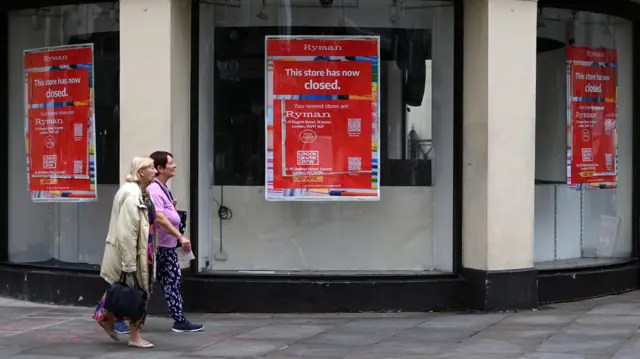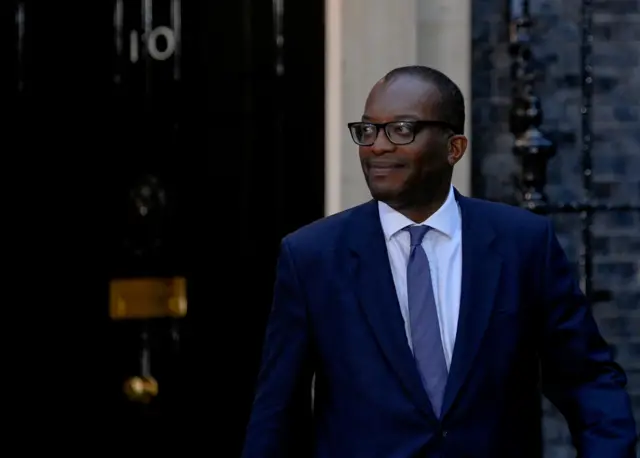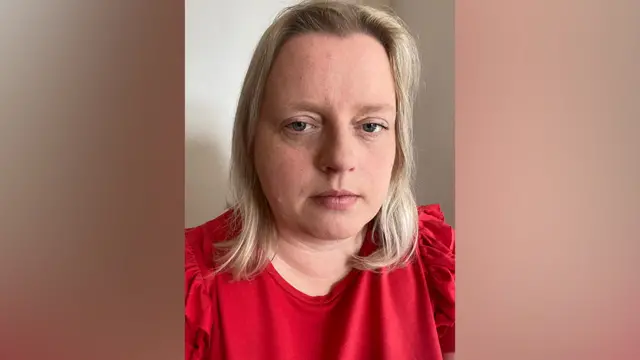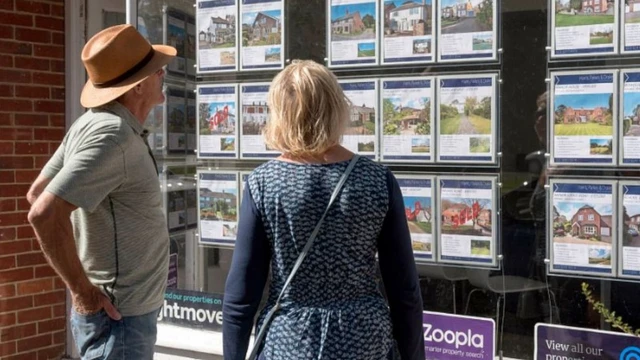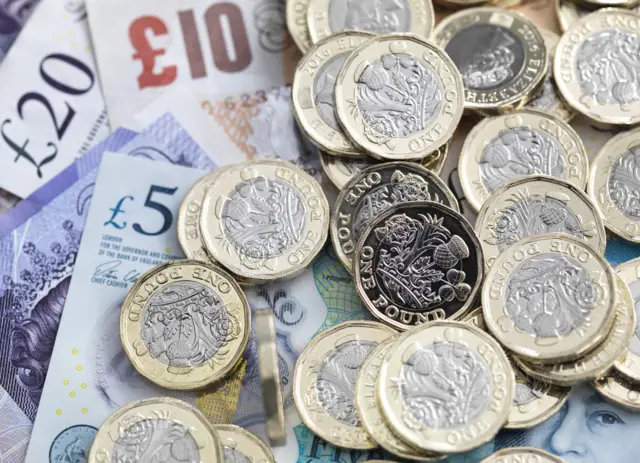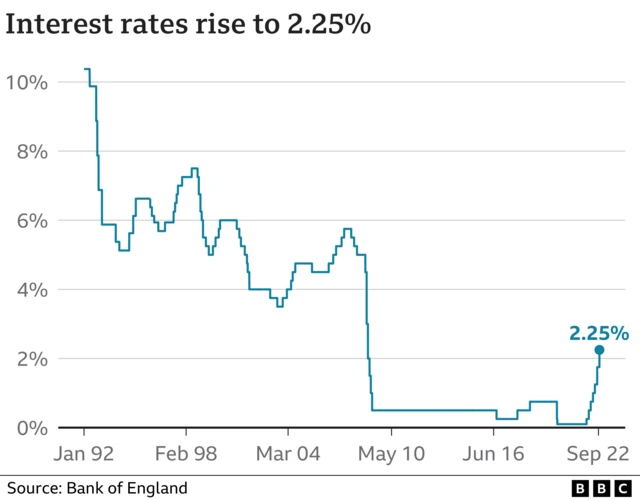Thanks for joining uspublished at 14:52 BST 22 September 2022
We're now bringing our live coverage of the Bank of England's interest rates announcement to a close. Thanks for joining us.
The page was written by Victoria Lindrea, Alys Davies, Doug Faulkner and Simon Read.
It was edited by Alex Therrien.
